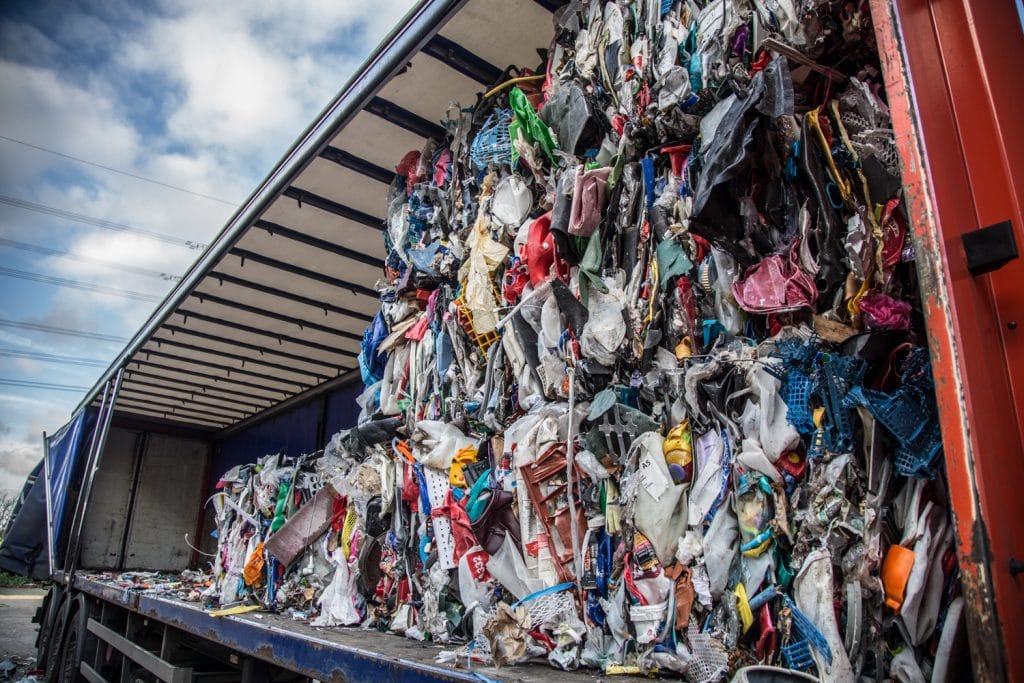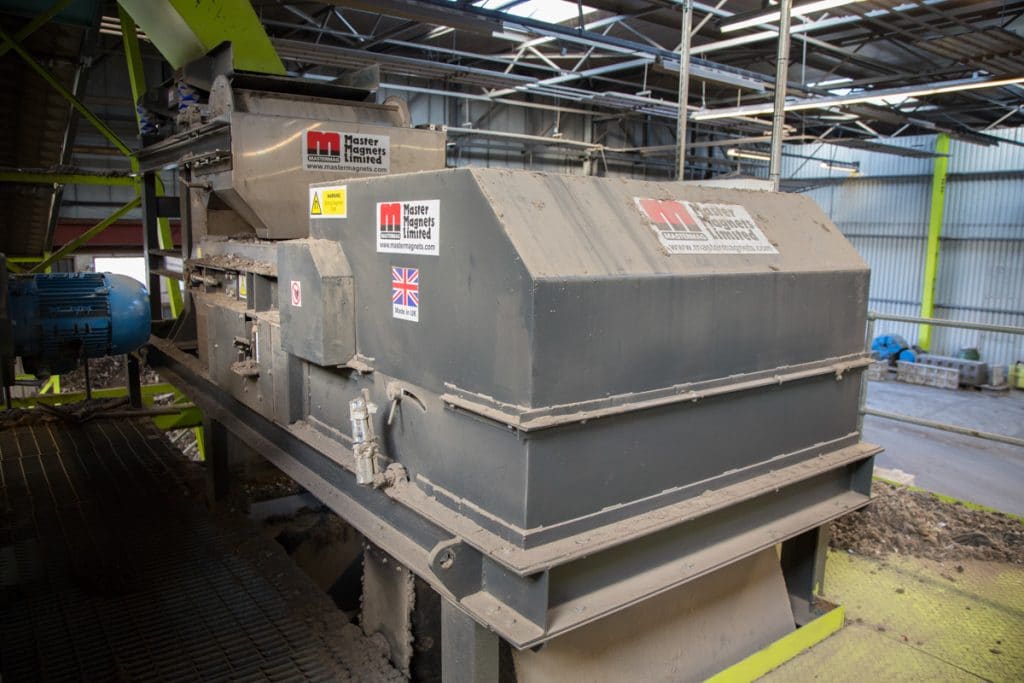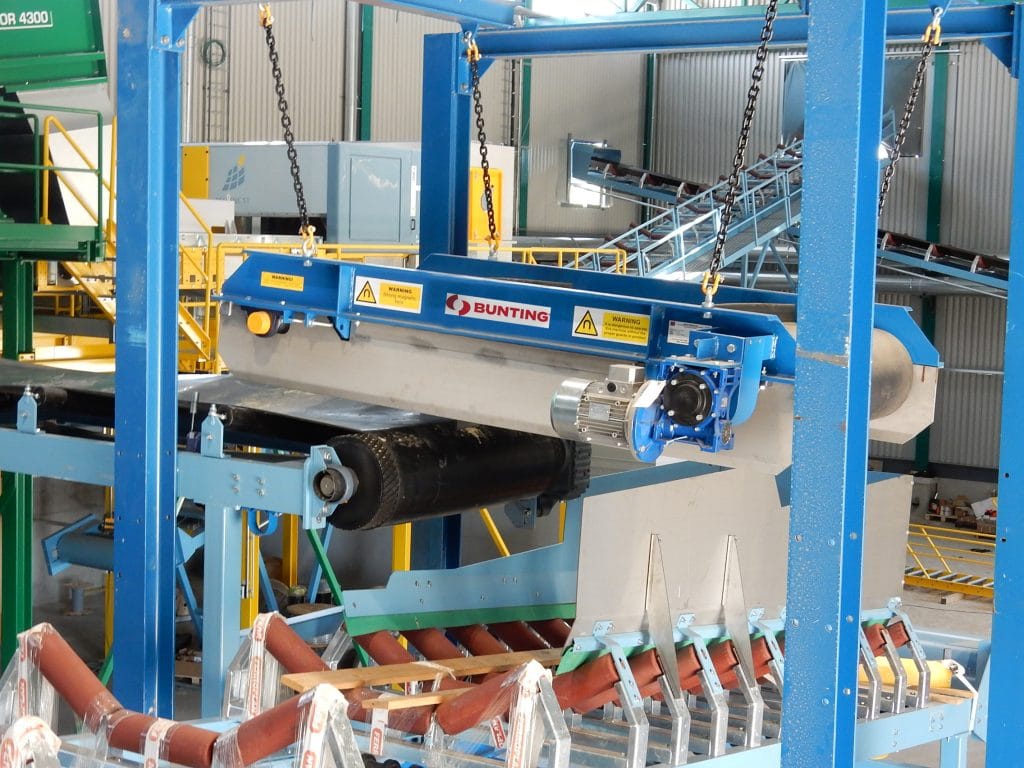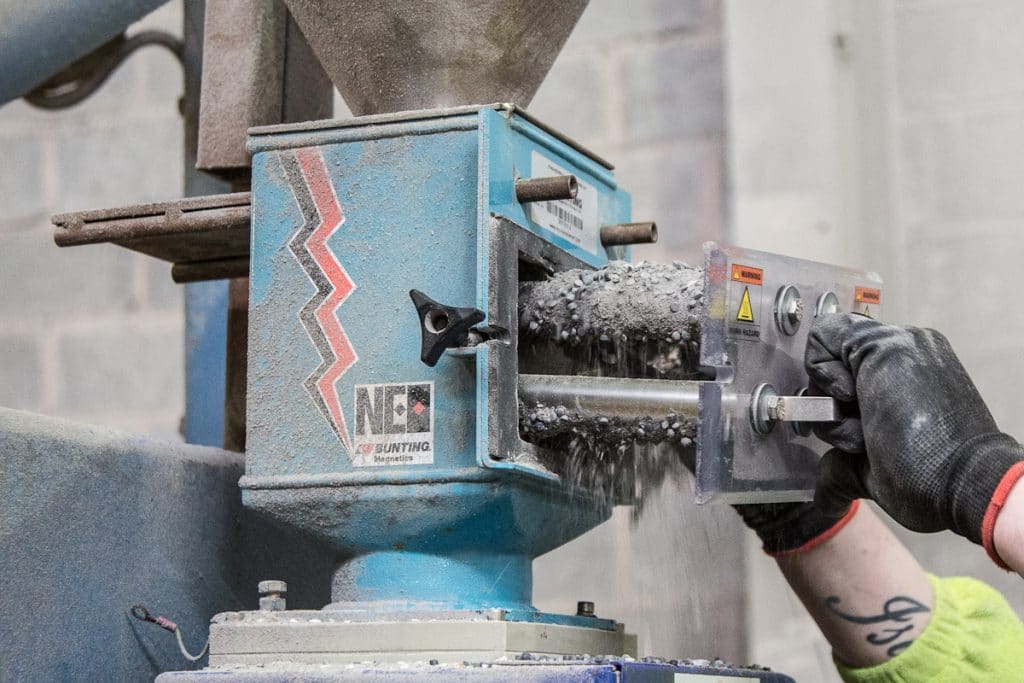2020 Recycling Challenges
By Paul Fears | 06 January 2020
This article was first published in the January 2020 issue of Skip Hire & Waste Magazine.
The focus on environmental issues and recycling reached new highs in 2019. Public awareness of the global climatic challenges of waste management changed the political agenda. The UK’s 2019 general election included serious inter-party debate about the environment for the first time. The European Union stepped forward and set new recycling targets.
However, despite the rhetoric, changes in the way waste is generated and managed continues to progress at a painfully slow speed.

Plastic Waste
Plastic waste has remained at the top of the environmental agenda for most of 2019. With supermarkets being identified as a major generator of plastic waste, many have implemented new plastic packaging policies; Waitrose removed all plastic bags from its stores in early 2019 and Morrisons became the first supermarket to ban fruit plastic packaging. Tesco, Sainsbury’s, Waitrose, Morrisons and Asda intend to stop using black plastic by the end of 2019. All of these initiatives have been driven by consumer pressure and not political will as the general public is informed about the damage caused by the poor management of plastic waste.
However, investigations undertaken by the UK media, including the BBC and Mirror, continue to report on British plastic waste being illegally dumped in countries such as Malaysia. In September 2019, Indonesia announced that 42 containers of ‘contaminated’ plastic waste were being returned to the country of origin including the United Kingdom, Australia, the US and many European countries.

Recycling Targets
New targets for the recycling of waste have been widely criticised by environmentalists. The UK has proposed future targets for the recycling of plastic packaging of 50% by 2025 and 55% by 2030. This is in line with those set by the European Union. However, with plastic use predicted to rise, these new targets may mean that the actual tonnage of plastic waste being recycling does not alter or even falls. Additionally, the timescale for change is considered too long.
Radical change is required in 2020 and this does not just apply to plastic waste. There is a need for supermarkets and other major generators of waste to fundamentally change their packaging strategies, but this takes time. One national recycling model, clearly setting out what materials should be collected and applying this across the UK, would assist recycling plant designers, builders and operators.

Technological Development
Ultimately, the ability to segregate, recycle and reuse any waste material is the primary aim. This is only possible with technology. Separating metals, for recovery or cleansing, is the focus for Bunting. Many household refuse recycling plants use magnetic separators such as the Overband Magnet to recover steel (in the form of beverage and food cans) and Eddy Current Separators to recover non-ferrous metals (including aluminium cans).

Once the waste material has been segregated, it then moves onto specialist recycling companies. Bunting works with companies such as PVC compounder EcoVyn in Wrexham, North Wales to remove metal contaminants from the plastic waste so that it can be blended with or used as virgin material.
2020 Challenges
In 2020, the latest EU recycling target comes into effect with an expectation that 50% of municipal waste is prepared for re-use and or recycling. The latest UK data (Department for Environment Food & Rural Affairs, March 2019) reported a UK household waste recycling rate of 45.7% in 2017, rising from 45.2% in 2016. Improving the recycling rate by 0.5% per year will mean that the UK falls short of the 50% target by nearly 3%. Without investment and a cohesive waste strategy, reaching 50% appears unlikely.
For additional information on equipment used to separate and recover metals, please contact us on:
Email: press@buntingeurope.com
Telephone: +44 (0) 1527 65858
Photographs 1, 3 and 4 taken by Paul Fears Photography
Follow us on social media